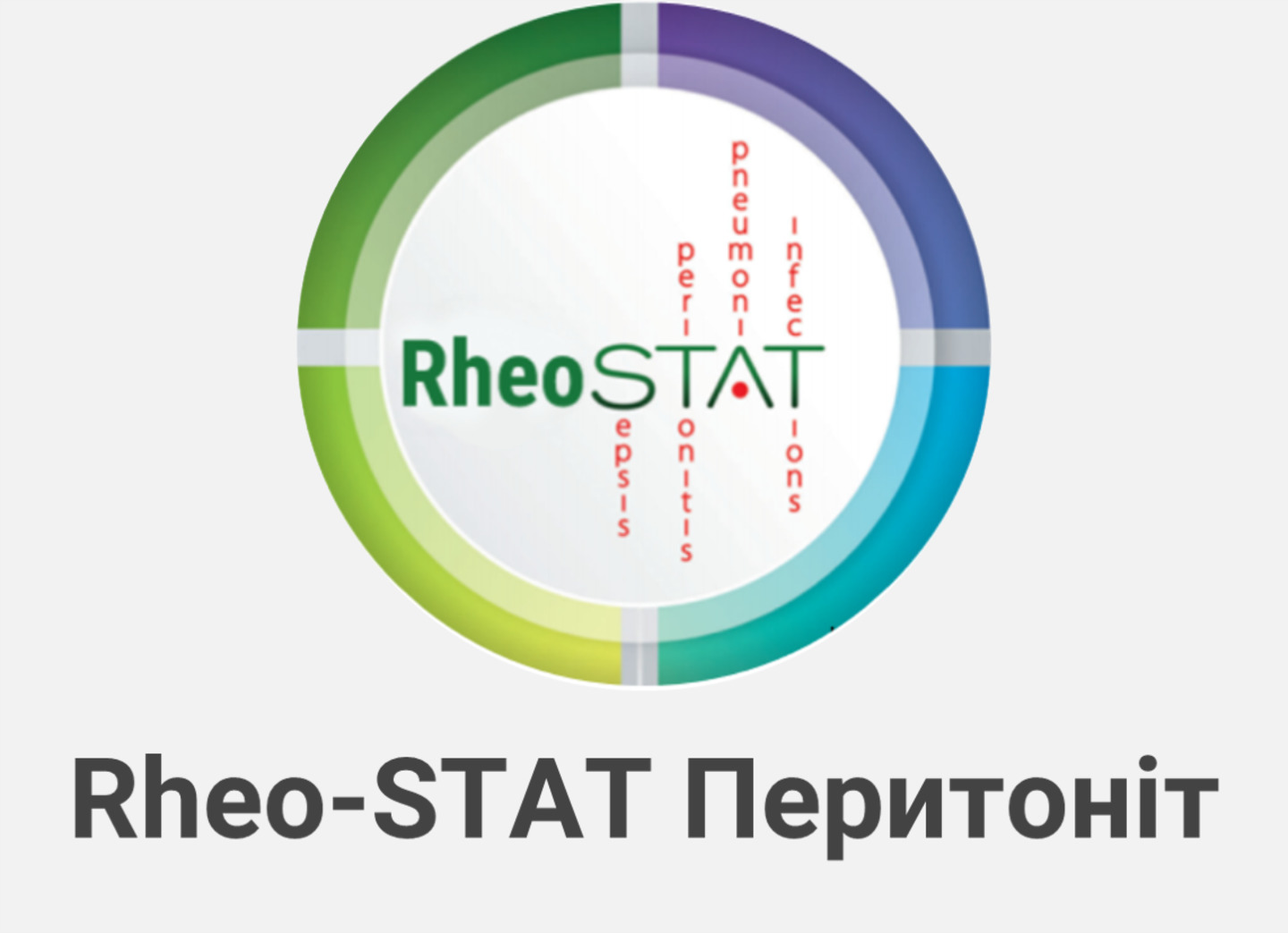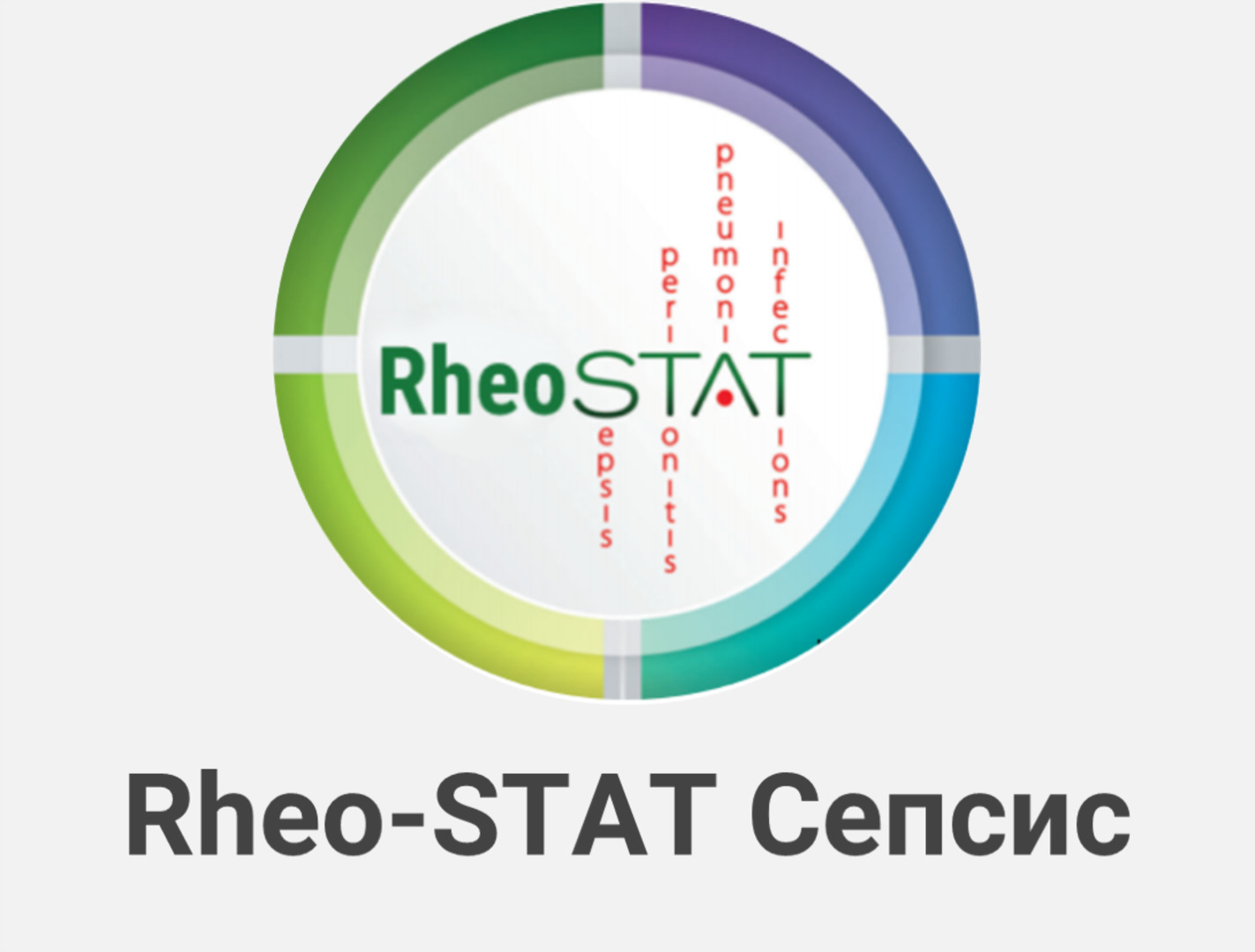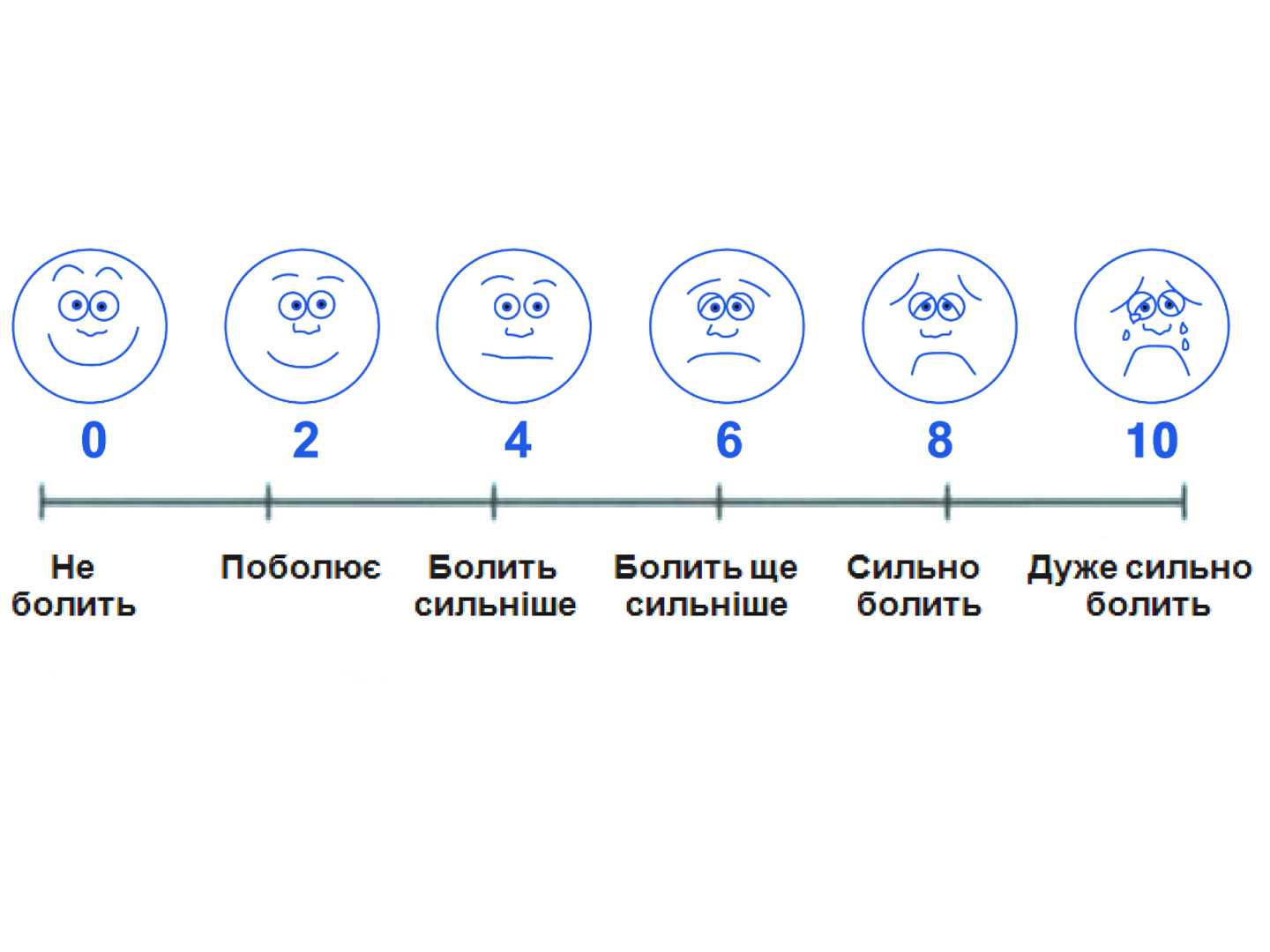Role of Levocarnitine in systemic treatment of patients of diverse profile and patients on chronic hemodyalisis
Bogomolets National Medical University, Kiev
L-carnitine (Lat. levocarnitinum, other names – l-carnitine, levocarnitine, vitamin BT, vitamin B11) is a natural substance related to B complex vitamins.
Unlike vitamins, the carnitine is synthesized in the human body, therefore it is sometimes called a vitamin-like-substance [1].
The carnitine has an immediate impact on metabolism of fatty acids, facilitating their intake into mitochondria of cells and thus providing the substrate for oxidation processes and energy generation. These processes are links of the Krebs cycle which represents a key stage of cellular respiration [2].
The fatty acids are used as a substrate of energy generation in all tissues except for the brain. In case of an excessive intake of fatty acids, the carnitine facilitates and intensifies their disposal. In simple words, the carnitine is a substance that helps the body to transform fat into energy. Normally it is produced in liver and kidneys and accumulated in skeletal muscles, heart, brain and sperm [3].



